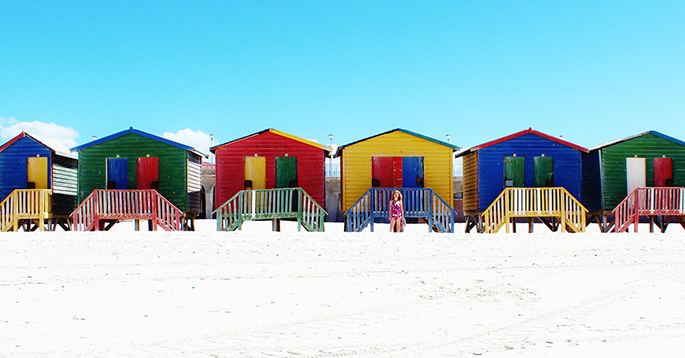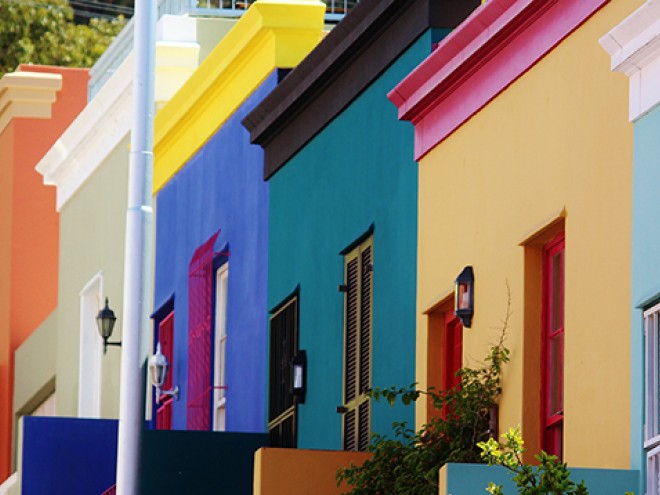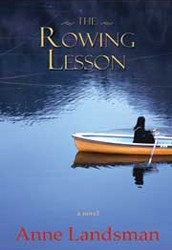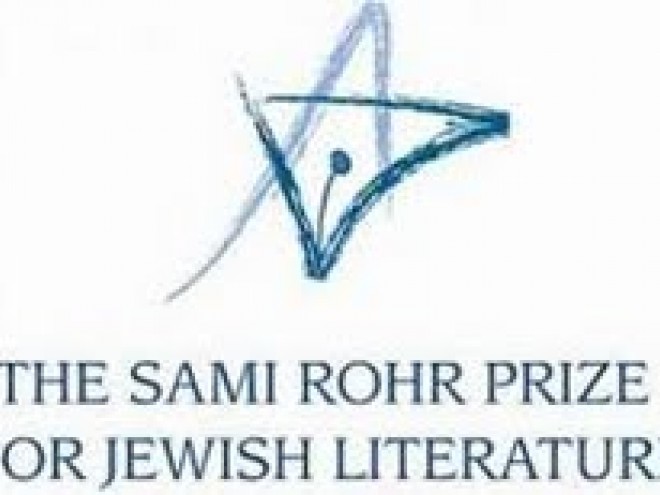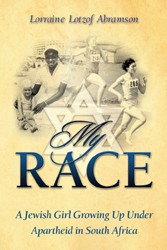Recently invited to speak at South Africa’s first-ever festival of Jewish literature, Anne Landsman shares the story of her visit and the discoveries she made there as part of the Visiting Scribe series here on The ProsenPeople.
The first-ever Jewish Literary Festival in South Africa took place in Cape Town on May 22, 2016 at the Community Center on Hatfield Street, not too far from the gardens that were planted by the Dutch East India Company in the 1600s to feed their sailors fruits and vegetables en route to the East, thereby bringing European settlers to the tip of Africa for the first time.
This Jewish campus, which includes the Gardens Shul (celebrating its 175th anniversary this year), the Jacob Gitlin Library, the Holocaust Center, the Jewish Museum, and the Café Riteve, is in the very heart of the city, close to the Houses of Parliament, close to where my grandmother once lived, close to the student digs I shared when I was finishing up my undergraduate degree at the University of Cape Town. It is also near Highlands House, Cape Town’s Jewish home for the aged, where my mother spent her last days. I had not been back to South Africa since she died in 2010 and was longing to return, so when I was invited to participate in the Jewish Literary Festival, I jumped at the opportunity.
I left South Africa in 1981 and moved to New York City, where I have lived ever since. The Jewish population of New York is 1.1 million, by recent counts, while the Jewish population of Cape Town is around 16,000 souls. Roughly 90 percent of the 80,000 Jews who live in South Africa are of Lithuanian descent, making the South African Jewish community the largest pocket of Litvaks in the world.
As a New Yorker and an Upper West Sider, I take the availability of Jewish life with its vast array of diverse religious and cultural offerings for granted. What would it be like to return to the small, tight-knit community I had known as a young person? And what would the community’s response be to this inaugural celebration of local Jewish culture?
When I asked Cindy Moritz, one of the festival’s founders along with Joanne Jowell and Viv Anstey, why it had come into being now, she explained that nothing like it had existed in the community before, and that, in partnership with the Gitlin Library, it was intended to elevate the profile of Jewish books and literature, emphasizing their role in Jewish culture as well as in the greater society.
“The other answer,” she continued, “is that the political climate has meant the Jewish community is often linked to dissent and negativity when it comes to Israel and reports on the Middle East. This is an opportunity to remind the wider populace of an aspect of cultural value that the Jewish people have contributed in the past, and do still add here and around the world. It seeks to be non-political and non-religious, to embrace all who want to participate.”
Read Part II of Anne Landsman’s dispatch here »
Anne Landsman is the author of The Rowing Lesson, a 2009 finalist for the Sami Rohr Prize for Jewish Literature.
Related Content:
- Libi Adler: Beyond Pain, Towards Celebration
- Hannah S. Pressman: Yiddish and Us
- Interview with Kenneth Bonert, Author of The Lion Seeker
Anne Landsman grew up in Worcester, “a small South African town in the shadow of the Brandwacht mountains.” After completing her undergraduate degree at the University of Cape Town, Anne settled in New York City, where she has lived ever since. Her second novel, The Rowing Lesson, was a 2009 finalist for the Sami Rohr Prize for Jewish Literature.
Dispatch from South Africa’s First Jewish Literary Festival, Part I
Dispatch from South Africa’s First Jewish Literary Festival, Part II
